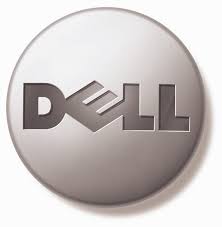 Acer Corp. plans to launch a full line of mobile Internet devices (MIDs) by the end of May in a bid to boost profitability and add to its mobile device offerings.
Acer Corp. plans to launch a full line of mobile Internet devices (MIDs) by the end of May in a bid to boost profitability and add to its mobile device offerings.The company will also release version 4.0 of its Shell user interface on the new MIDs, said Gianfranco Lanci, Acer's CEO and president, at the company's first-quarter investors' conference. The devices will all include 3G wireless connectivity and will be able to interact together and share data, he added.
Acer executives declined to further discuss what kind of devices it would reveal. But the devices will clearly include a range of screen sizes, from tablet-sized devices to smaller gadgets with 7-inch screens or so. Pictures on the company's presentation materials indicated the variety of devices, and Acer executives said they planned to put out a range of devices with varying hardware configurations, not just Intel and Windows.
The company deems such new devices could be bigger profit drivers because people are intrigued by mobile devices these days.













